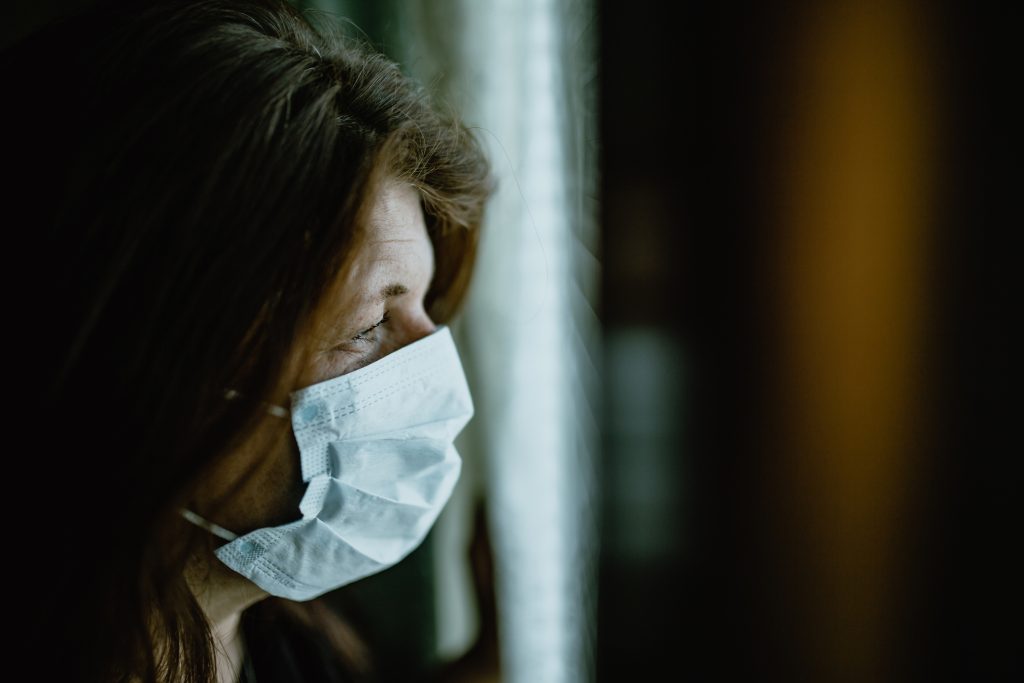How to help your patients cope with anxiety from coronavirus

May is Mental Health Month. The coronavirus outbreak has made many people feel worried, depressed, and concerned about the current situation as well as about what the future holds. In addition to caring for your patients’ physical health during the COVID-19 pandemic, you may also need to help them cope with anxiety, so this is a good time to review ways to do just that.
Psychiatrist Dimitrios Tsatiris, MD, offers these tips for you as a primary care physician to guide your patients through the anxiety of this crisis:
- Validate their anxiety. Reassure your patients that their feelings are a natural reaction to the stress of the situation. Validating their emotions tells them that “You are not alone. It is OK to have a spike in anxiety.”
- Employ empathy. Communicate with your patients and let them know you understand their concerns from their point of view. As Dr. Tsatiris explains, “Feeling understood is therapeutic. It allows people to open up, be authentic, and trust you with their concerns.” Ask questions to learn more about the source of your patients’ anxiety.
- Reduce uncertainty. Fear of the unknown can be distressing. Sharing facts with your patients can help them better cope with their anxiety. As Dr. Tsatiris states, your patients “experience spikes in anxiety when they are uncertain about the likelihood of a potential outcome. Anxiety can be reduced if they understand the odds that their fear will become reality.”
- Focus within their sphere of control. Help your patients understand what they can control to make their situation less stressful. They can take preventive steps to stay safe and healthy, as suggested by the Centers for Disease Control and Prevention (CDC).
- Increase “the dose” of their coping skills. As a primary care physician, you typically prescribe certain doses of medication to treat an illness or injury. You can do the same with your patients who are feeling anxious during the COVID-19 pandemic. Prescribe an activity such as physical exercise or deep breathing exercises that will help them cope.
- Limit media consumption. Encourage your patients to limit their exposure to news and social media sites. They should ensure that the information they are accessing is verifiable and from a trusted source.
Elation Health supports you and your practice throughout the pandemic.
Check out our COVID-19 Resources here.
The CDC also offers a list of tips for coping with stress during the COVID-19 pandemic, that can be helpful to share with your patients:
- Take breaks from watching, reading, or listening to news stories, including social media. Hearing about the pandemic repeatedly can be upsetting.
- Take care of your body.
- Take deep breaths, stretch, or meditate
- Try to eat healthy, well-balanced meals
- Exercise regularly, get plenty of sleep
- Avoid alcohol and drugs
- Make time to unwind. Try to do some other activities you enjoy.
- Connect with others. Talk with people you trust about your concerns and how you are feeling.
